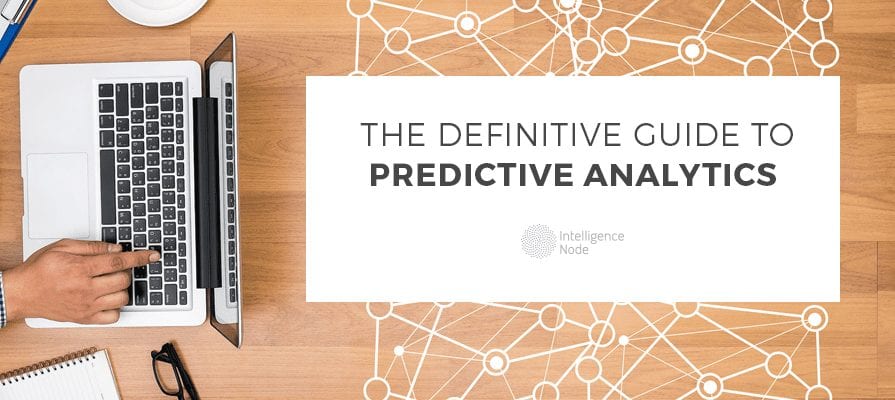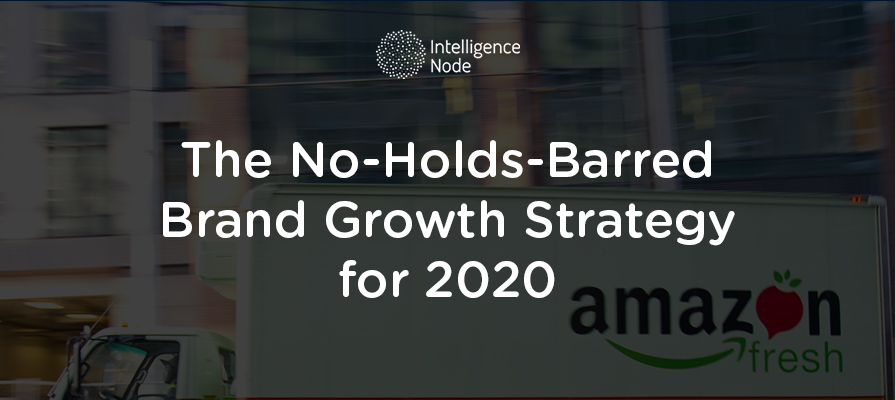“The customer is the king.” This is the motto of every retailer today, and for a good reason.
It’s every retailer’s responsibility to ensure the customer is more than just satisfied with their shopping experience in order to retain and draw new customers. With this attempt, retailers are now extending retail management beyond their products, by taking into account the busy lifestyles of customers and providing services.
What Is Retail Management System?
The process of amplifying sales and customer satisfaction through a better understanding of consumers, products, and services with respect to a specific company is termed as retail management.
The strategy of typical retail management systems is to research the retail process from the manufacture of the product, its distribution among retailers, and finally the customer feedback. It includes several steps to procure the necessary details. Ideal retail management systems should ensure the customer is satisfied with his/her shopping experience and should be able to shop with no difficulty. It gives the customer the convenience to locate the product easily, save time, and be satisfied with the overall shopping experience.
Now that you know “What is Retail management system?”, let’s take a quick look at why you need retail management systems.
- Retail management helps keep the store organized. So if a customer comes to you looking for a particular product, you can easily guide them to it. You can do this by grouping similar products according to the age group, gender, and frequency at which the item would be bought. Labels also can come in handy to achieve this. Also, ensure there is ample stock of products and that the customer must not be kept waiting for too long.
- The other important necessity for retail management systems is to keep a track of the products and their sales and prevent shoplifting. This can be done by simply assigning a unique SKU to each product, which makes it easy to identify and track the item. Additional measures like CCTV surveillance can also be helpful.
What To Look For In Retail Management Systems
The essential set of digital applications that help make the retail management process easier and help run your business through smooth operations are called retail management systems. Here are seven of those features that can help you get the most of retail management systems, by enhancing customer experience along with your profit margin.
A typical retail management system would be comprised of a Point Of Sale (POS), Customer Relationship Management (CRM), Sales Order Management, Purchasing and Receiving, Inventory Management, Reporting, and Dashboard applications.
Here are six features to keep in mind when considering retail management systems for your retail outlets:
- Platforms For Convenience
Ideally, retail management systems must help customers with mobility. In a world dependent highly on smartphones and computers, it is essential that the customer should be able to look up the inventory right from home, at his/her convenience. An e-commerce store also helps promote sales to a large extent. A good retail system should be enabled with plug-ins that help you launch an e-commerce store without any hassle.
- Optimizing Through Dashboards
A dashboard is a graphical summary of various important information put together in order to have a quick overview of the necessary aspects of a business. With the help of a dashboard, you can analyze the retail management in a simple manner and optimize inventory, staffing, and even trading through real-time operations.
- Offering Loyalty Programs
Customers are attracted to loyalty programs and rewards on their shopping. Typical retail management systems help administer rewards to customers, while also keeping track of the points earned and redemption of points by each customer.
- Cross-selling And Upselling
Cross-selling, in plain words, is when you encourage a customer to buy complementary or similar products after looking at his/her purchases. Upselling is when you encourage a customer to buy the same product from a better brand and upscale their convenience along with your sales. Ideal retail management systems can keep a track and group similar products, which helps the sales representatives make the necessary recommendations to customers during transactions. This not only boosts your revenue but also enhances customer satisfaction.
- Flexibility Of Payment
A good retail management system gives the customer the convenience of payment through several modes—cash, card, gift vouchers, and digital applications.
- Promotions
Making use of multi-item promotions allows retailers to set their own prices for customers with the information gathered from their shopping history and current purchases.
Inventory Management Software
An inventory management software is a set of business applications that keep a record of the product sales, material purchases, and a number of other production processes, while also helping optimize and manage these processes. The main aim of this software is to lower the time and efforts spent on basic product tracking and use the same resources in enhancing the efficiency of the system.
Inventory management software helps keep track of their products through barcodes and radio-frequency identification (RFID).
Benefits Of Using An Integrated Management System
An integrated management system, much like an inventory management system, focuses on integrating all of an organization’s systems into a single framework that can be used by the involved members for various functions and at several levels.
Some of the important and basic advantages of using an integrated management system in retail management are:
- Increased efficiency
- Cost reduction
- Maintaining a balance between the various practices
- Reduction in duplication of efforts
- Elimination of conflicting responsibilities
- Maintaining consistency in performance
- Enhanced communication internally and externally
- Making business goals the prime focus
- Making it possible to have awareness and training programs for enhanced efficiency
By inculcating retail management systems into your business processes, you can not only amplify the efficiency and quality of your retail service but also simplify the process and divert your time and efforts into achieving bigger goals for your organization. With the bonus of enhanced customer satisfaction, you can raise the threshold for your profit margin and provide better services to your customers. Ensure you look for a system that takes into consideration all the needs of your retail outlet as well as your customer to provide that top-notch shopping experience.
As you decide on the right solutions to grow your retail business and improve revenues this year, we urge you to book a demo with us to understand how Intelligence Node can prove to be an effective investment this year as it has been for 100+ category leaders as well as small and mid-sized retailers across the globe.



